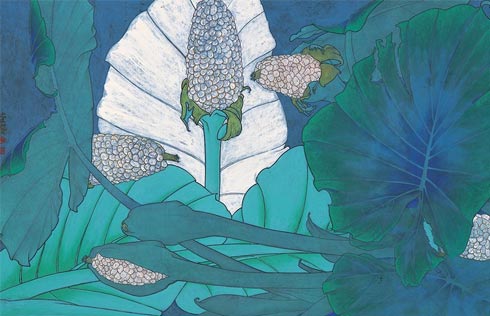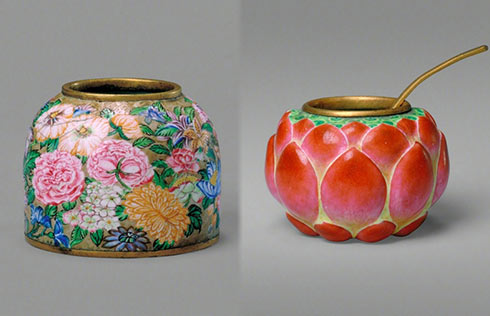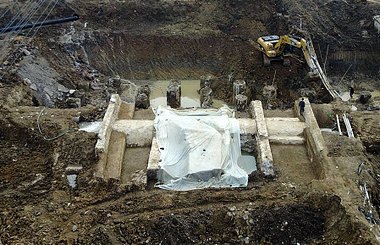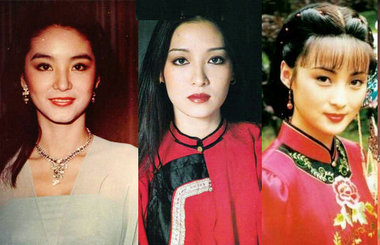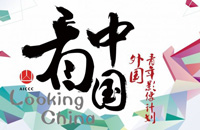Revival of creativity
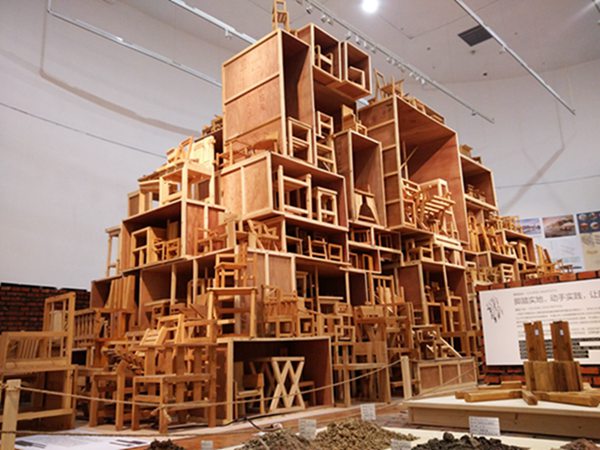 |
|
Works of architecture students on show at the school. [Photo by Wang Kaihao/China Daily] |
For freshman-year students, lesson one is to make a chair, a course taught by Wang's wife, Lu Wenyu. The students also have to deal with mud, rocks and bricks almost daily in later semesters. In the first two years at the school, nobody is allowed to use a computer for homework.
"Computers make architects lazy. Computers are connected with the brain, but hands are connected with the heart," he says. "To rejuvenate China's own architecture, you will need to come closer to traditional craftsmanship and materials."
The school has an unorthodox approach as compared with other places that teach architecture in China. While some student projects are stage plays that promote an understanding of the sociological meaning of architecture, others focus on writing novels to nurture their imagination and story-telling skills.
"An architecture school should inspire creative thoughts among its students and go beyond techniques," he says.
The results of Wang's experiment have been mixed. At first, no one else wanted to take up a job in such an "unusual" institute, and Wang had to lecture every course himself. But today, there are about 40 teachers at the school, including foreigners. Some students come from other countries, too.
Ryan McCaffrey, once Wang's student and now a teacher at the school, shares his thoughts on the attempts to revive Chinese traditional architecture.
He says people at CAA share the belief that the environment is as important as the architecture while in the West, people pay more attention to the building.






